Parties, candidates using AI to help them gain an advantage in 2024 Tasmanian election
Political parties and independent candidates are using AI to help them win seats in the Tasmanian parliament as experts voice ethical concerns about the technology.
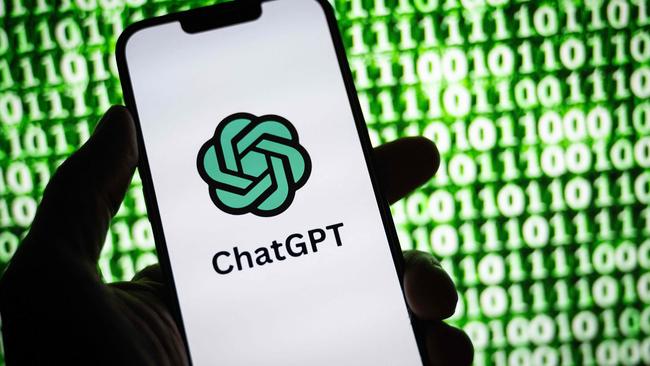
Tasmania
Don't miss out on the headlines from Tasmania. Followed categories will be added to My News.
Political parties and independent candidates are using AI to help endear themselves to the electorate and win seats in the new state parliament.
While the majority of parties and candidates running in the 2024 Tasmanian election say they are steering clear of AI, some are openly using it to finesse their messaging and give their campaigns a boost, while others are making use of it indirectly.
With the US presidential election looming, a group of 20 tech firms agreed last month to combat the deceptive use of AI in elections around the world.
These included OpenAI, the Microsoft-backed developer of ChatGPT, and Meta, the owner of Facebook and Instagram.
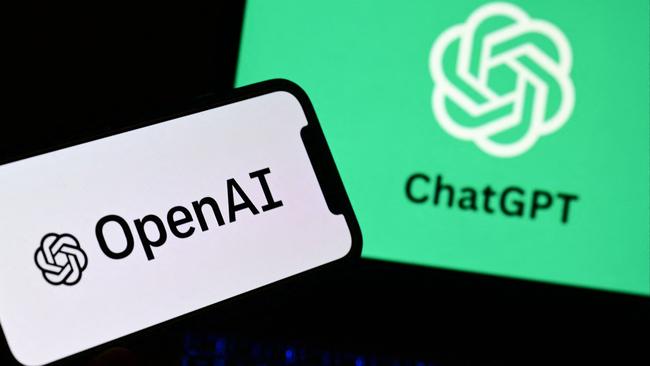
Meanwhile, the Australian government has held an inquiry into AI, resulting in a commitment to crack down on the proliferation of ‘deepfake’ imagery.
The Mercury sent every party and independent candidate running in the Tasmanian election a series of questions regarding the potential use of AI in their campaigns.
Both the major parties say they have not used AI tools in the course of the campaign. The Greens, the Jacqui Lambie Network, and the Animal Justice Party have said the same.
However, Meta offers AI-based targeted advertising on its sites, and most candidates are promoting themselves on these platforms, with ads being targeted at particular demographics and regions.
One political party that is explicitly engaging with AI is the Shooters, Fishers and Farmers Party (SFF), which is running 11 candidates in the election.
SFF Tasmanian leader Adrian Pickin said the party was “currently exploring and evaluating the use of AI for campaign adverts”.
“This election caught us by surprise as the Premier constantly stated his government would run full-term – typical political promises broken,” he wrote in an email.
“We have used AI for spell and grammar checks, similar to [Microsoft Word’s] spell check function.”
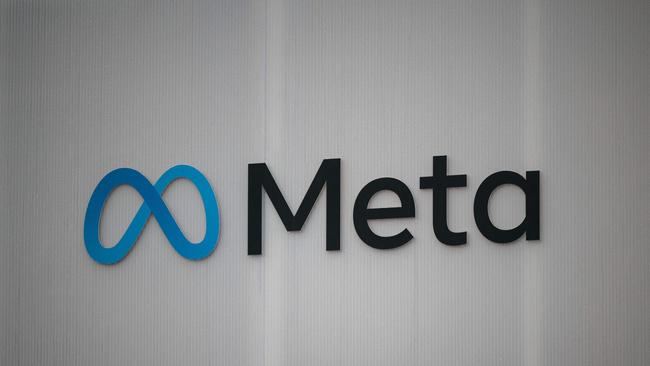
Mr Pickin said SFF had not used AI to research its political opponents but “appreciate the idea”.
“With less than one week until the election it would provide no tangible benefit at this stage of the campaign,” he said.
SFF has not developed guidelines for its use of AI in an election context, Mr Pickin said, adding that because “this election has only had five weeks, we have not made AI evaluation a priority”.
“Please note AI was not used in generating this reply,” he wrote.
In November last year, Meta banned political campaigns from using its new generative AI advertising functions.
Independent Clark candidate Sue Hickey said she was “fascinated by AI’s potential” but recognised its “inherent dangers”.
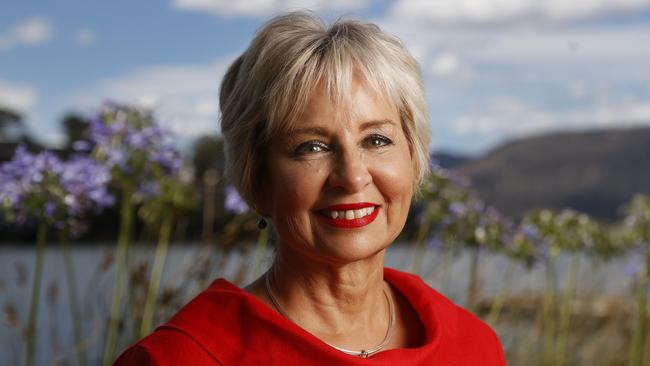
The former Hobart Lord Mayor and Speaker of the House of Assembly said she had used ChatGPT to help her craft an election slogan that aligned with her personal values.
“This created ‘Conviction, Courage, and Compassion’. However, I truly have not had enough time to use [AI] for anything else,” Ms Hickey said.
Former Glenorchy alderman, Jenny Branch-Allen, who is running as an independent candidate in Lyons, said she used ChatGPT for “research and to challenge my writing”.
“AI is here to stay. Its use is appropriate as long as we use it ethically, we check all facts, and make it not the only tool we use to support what we want to say,” she said.
“I only use it to inform my work, not to research my opponents. Basically what I say are my thoughts and my beliefs, not another’s.”
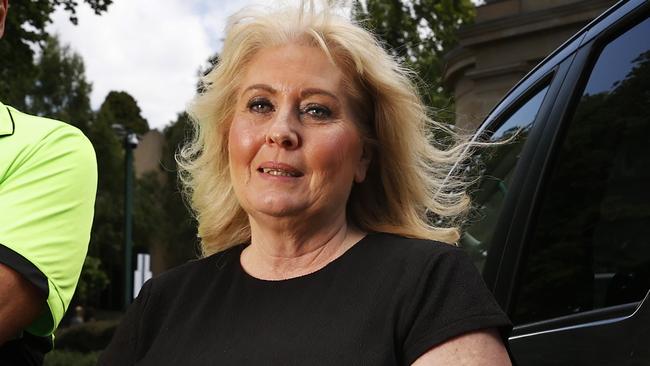
Quan Bai, an associate professor of information and communication technology at the University of Tasmania said AI could be exploited for data gathering, analysis, strategic decision-making, outreach, and influencing in election campaigns.
“Ethical concerns primarily revolve around data ownership, privacy and the reliability of influential information in political campaigns,” he said.
“When individuals share information online, especially on social media platforms, they may not be fully aware that their data could be collected and used by third parties, including for political purposes.
“This raises significant data ownership and privacy concerns. Moreover, individuals often encounter influential information on the internet, but assessing the trustworthiness of such information and identifying its actual sources can be challenging.”
Associate Professor Bai said both political parties and independent candidates needed to prioritise the development of “clear guidelines” for the ethical and responsible use of AI in election campaigns and adhere to them “strictly”.
“However, it’s important to note that as of now, Australia lacks specific national legislation dedicated to regulating AI ethics,” he said.
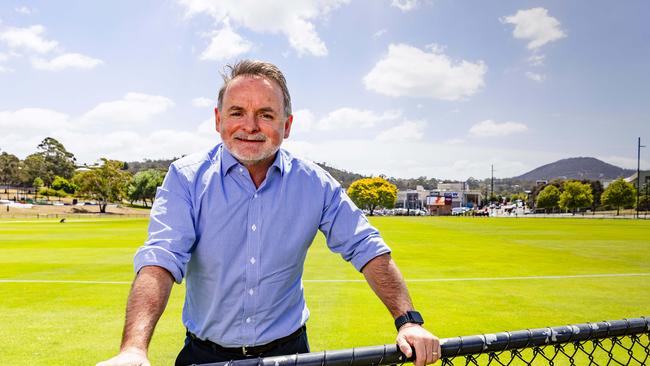
Some candidates expressed firm opposition to the idea of AI tools being used for election purposes, with independent Franklin MP David O’Byrne saying the thought of AI informing certain candidates’ “content and material” was “appalling” to him.
“In my view, if you’re not prepared to do the work and instead rely on an AI, then you should not be in a position where you are making decisions in the parliament on behalf of the community,” he said.





